In today’s interconnected business environment, the integrity and security of supply chains are more critical than ever. Cyber threats, particularly ransomware attacks, can disrupt operations, tarnish reputations, and lead to significant financial losses. However, companies that invest in robust cybersecurity measures not only protect themselves but also position themselves as reliable partners. This reliability can translate into increased business opportunities and revenue growth.
Although the following case study is presented as a hypothetical scenario, it is based on an actual event that positively impacted a NOVO customer (Supplier B).
Case Study: A Tale of Two Suppliers
The Rising Threat of Ransomware
Ransomware attacks have become increasingly sophisticated and frequent. These attacks can paralyze entire supply chains by locking critical data and systems until a ransom is paid. For companies relying on a network of suppliers, the security posture of each vendor becomes a crucial factor in maintaining smooth operations.
The Business Shift
Consider a hypothetical scenario involving Stellar Manufacturing Co, a mid-sized manufacturing company. Stellar relies on multiple suppliers for its part components. One day, a ransomware attack hits several of its suppliers, causing widespread disruptions. Production lines come to a halt, and the company’s ability to meet customer orders is jeopardized.
Among Stellar’s suppliers are two key vendors: Supplier A and Supplier B. While Supplier A fell victim to the ransomware attack and faced significant downtime, Supplier B remained unaffected. Supplier B had invested in a robust and comprehensive cybersecurity capability, including advanced threat detection systems and employee training programs. This proactive approach shielded Supplier B from the attack’s impact.
As Stellar struggled to manage the fallout from the ransomware attack across its supply chain, it became evident that reliance on vulnerable suppliers posed a significant risk. The company’s leadership decided to reassess its supplier relationships. Recognizing the value of a secure and resilient supply chain, Stellar shifted more of its business to Supplier B. This decision was driven by several factors:
1. Reliability: Supplier B’s ability to maintain operations during the attack demonstrated its reliability and commitment to security.
2. Continuity: By partnering more closely with Supplier B, Stellar ensured a more stable and uninterrupted supply of critical components.
3. Reputation: Supplier B’s strong cybersecurity posture enhanced Stellar’s confidence in its own ability to meet customer demands without fear of future disruptions.
Financial Implications
For Supplier B, the increased business from Stellar resulted in a significant revenue boost. Additionally, Supplier B’s reputation as a secure and reliable partner attracted attention from other companies facing similar cybersecurity concerns. Over time, Supplier B saw a steady increase in new business opportunities, further driving revenue growth.
Conclusion
In the digital age, a strong cybersecurity posture is more than just a defensive measure; it is a strategic asset that can drive business growth. Suppliers that prioritize cybersecurity not only protect their operations but also position themselves as preferred partners in the supply chain. As companies like Stellar increasingly recognize the value of secure suppliers, those with robust cybersecurity frameworks will find themselves at a competitive advantage, ultimately transforming their security investments into revenue-generating opportunities.
NOVO has a track record of protecting our customers’ data through the implementation and management of Microsoft solutions that mitigate data exfiltration risks.
Cornerstones of protection include:
- Azure Information Protection enables data classification and labeling, ensuring sensitive data is recognized and handled securely.
- Microsoft Defender for Cloud provides advanced threat detection and alerts, helping identify suspicious activity within cloud and on-premises environments.
- Endpoint security through Microsoft Defender for Endpoint safeguards devices by identifying and isolating potential threats, while Microsoft Intune manages and secures devices across the organization, enforcing security policies and limiting data transfer.
- Microsoft Purview, with its data loss prevention (DLP) capabilities, monitors and controls the movement of sensitive data, preventing it from being shared inappropriately or leaving the organization’s control.

